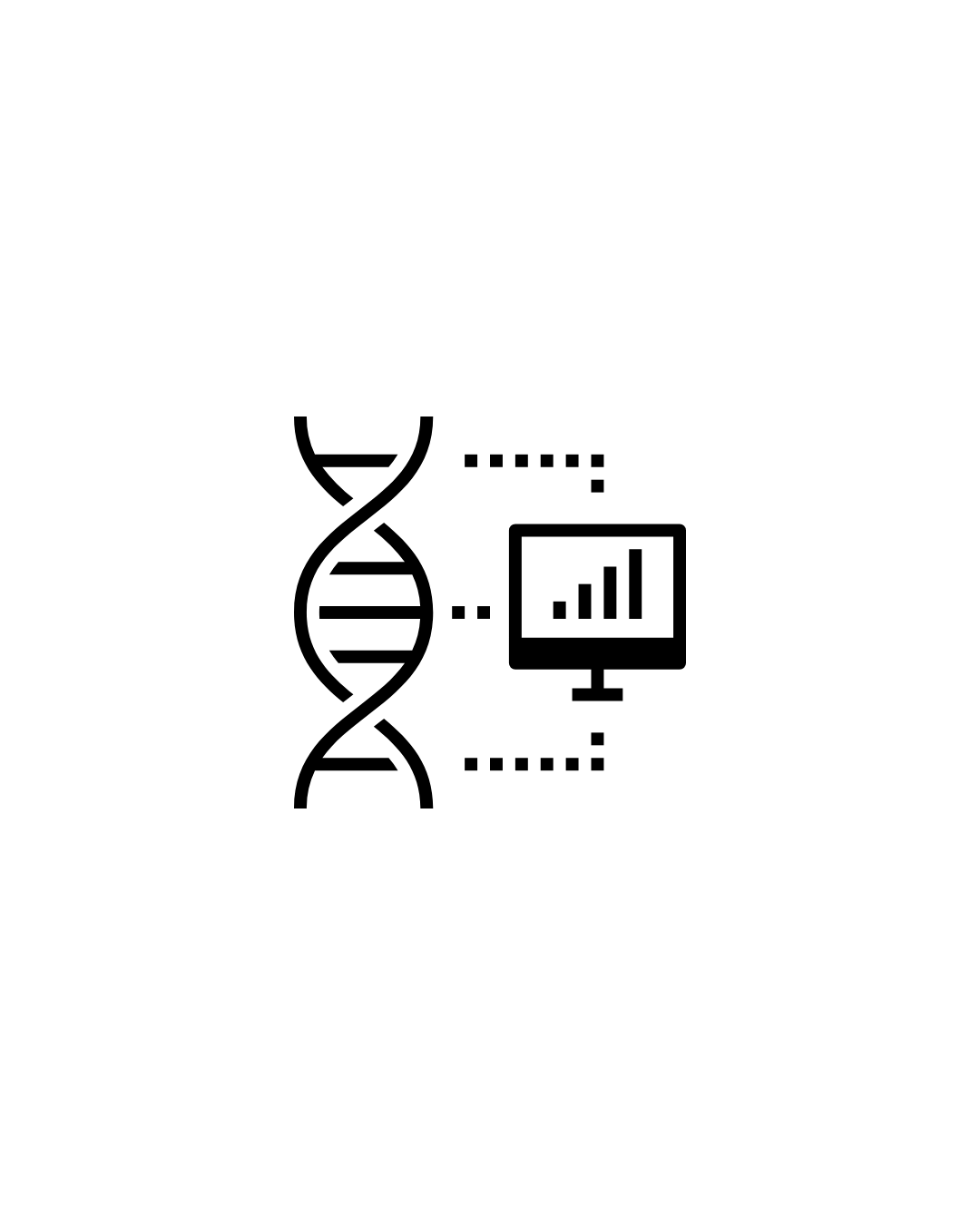Description
A Master of Science in Biochemistry (M.Sc. in Biochemistry) is a graduate program that focuses on the chemical processes and substances that occur within living organisms. This program combines rigorous coursework and laboratory experience, allowing students to delve into the molecular mechanisms of biological functions, biochemical research techniques, and the application of biochemistry in various fields such as medicine, agriculture, and biotechnology.
Curriculum Overview
The curriculum for an M.Sc. in Biochemistry typically includes core courses, electives, and a research thesis or independent project. Here are some common subjects and topics included in the program:
Advanced Biochemistry:
In-depth study of metabolic pathways, enzymology, and the biochemical basis of cellular processes and disease mechanisms.
Molecular Biology:
Examination of DNA/RNA structure and function, gene expression, and techniques for genetic manipulation.
Protein Chemistry:
Study of protein structure, function, folding, and dynamics, as well as techniques for protein purification and characterization.
Metabolism:
Detailed analysis of metabolic pathways, including carbohydrate, lipid, and amino acid metabolism, and their regulation.
Enzyme Kinetics:
Exploration of enzyme mechanisms, kinetics, and regulation, including experimental techniques for studying enzyme activity.
Biochemical Techniques:
Hands-on training in laboratory techniques such as chromatography, electrophoresis, mass spectrometry, and spectrophotometry.
Cell Biochemistry:
Understanding cellular components and functions, including membrane dynamics, signaling pathways, and cell metabolism.
Biotechnology Applications:
Study of biotechnological applications of biochemistry in fields such as pharmaceuticals, agriculture, and environmental science.
Immunology:
Overview of the immune system, antibody production, and the biochemical basis of immune responses and related diseases.
Research Methods and Bioinformatics:
Introduction to experimental design, statistical analysis, and bioinformatics tools for analyzing biological data.
Ethics in Biochemistry:
Examination of ethical considerations in biochemical research and applications, including issues related to bioengineering and clinical research.
Capstone Project or Thesis:
An original research project on a specific topic within biochemistry, culminating in a detailed thesis or research report.
Career Opportunities
Graduates with an M.Sc. in Biochemistry can pursue diverse career options in various industries, including healthcare, pharmaceuticals, biotechnology, research institutions, and academia. Some potential job roles include:
Biochemist: Conducting research and experiments to understand biochemical processes and develop new products or therapies.
Clinical Biochemist: Analyzing biological samples in clinical laboratories to diagnose diseases and monitor patient health.
Research Scientist: Leading research projects in biochemistry or related fields, focusing on drug discovery, metabolic studies, or disease mechanisms.
Quality Control Analyst: Ensuring the quality and safety of biochemical products through testing and analysis in laboratories.
Biotechnology Consultant: Advising companies on the application of biochemistry in product development and regulatory compliance.
Pharmaceutical Scientist: Engaging in research and development of new pharmaceuticals, focusing on drug formulation and testing.
Biochemical Engineer: Designing processes for the large-scale production of biochemical products, such as enzymes or biopharmaceuticals.
Forensic Biochemist: Analyzing biological samples in forensic investigations to assist in criminal cases and solving legal issues.
Educator/Academic Researcher: Teaching biochemistry at the university level or conducting independent research.
Regulatory Affairs Specialist: Ensuring that biochemistry-related products comply with regulations and safety standards in the industry.
Further Education
Graduates may choose to pursue a Ph.D. in Biochemistry, Molecular Biology, or related fields, especially if they are interested in research or academia. Additionally, certifications in specialized areas, such as clinical biochemistry or biotechnology, can enhance career opportunities and skills.
If you have more specific questions about the curriculum, career paths, or other aspects of a Master of Science in Biochemistry, feel free to ask!









